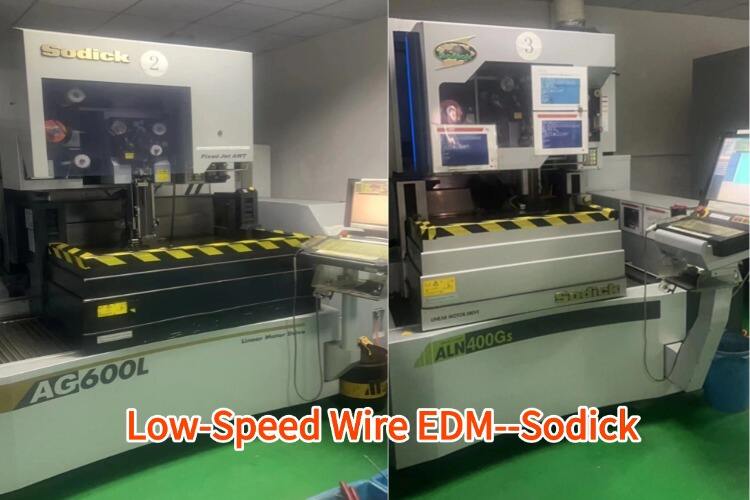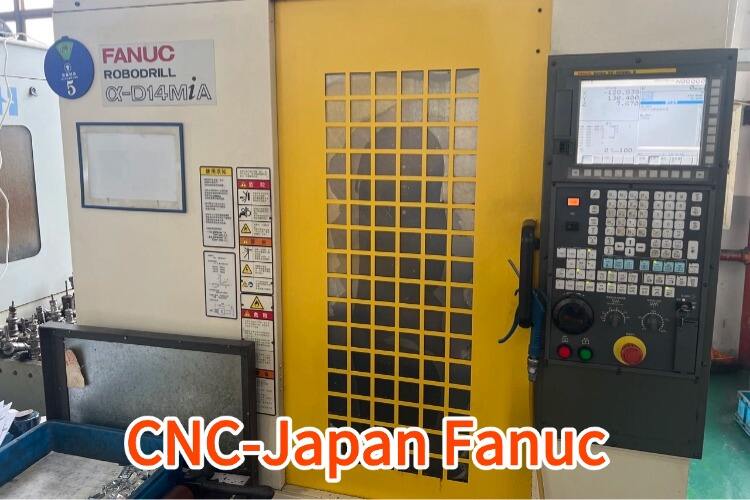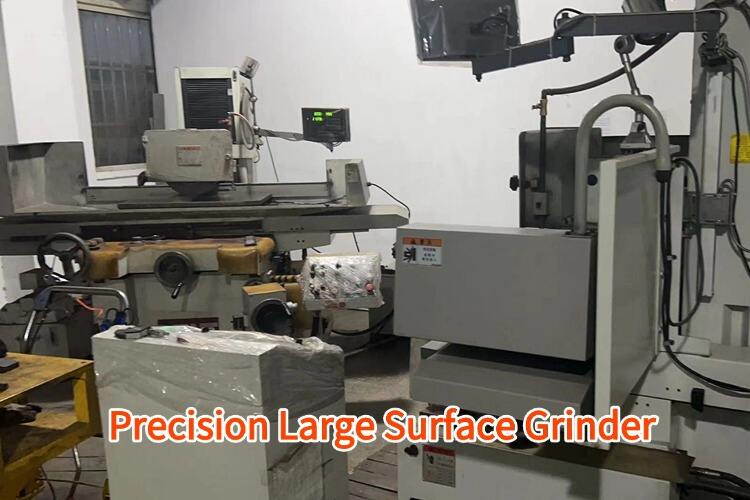precision machine works
Precision machine works represents the pinnacle of manufacturing excellence, combining advanced technology with meticulous craftsmanship to produce components and parts with exceptional accuracy. This sophisticated manufacturing process utilizes state-of-the-art CNC machines, coordinate measuring machines (CMMs), and automated quality control systems to achieve tolerances as precise as micrometers. The technology encompasses various manufacturing techniques, including multi-axis milling, precision turning, wire EDM, and advanced surface finishing processes. These operations are essential in producing critical components for aerospace, medical devices, automotive, and semiconductor industries. The facility's capabilities extend to handling diverse materials, from high-grade metals to advanced polymers, ensuring versatility in meeting various industry requirements. Modern precision machining centers are equipped with real-time monitoring systems and adaptive control mechanisms that maintain consistent quality throughout production runs. The integration of computer-aided design (CAD) and computer-aided manufacturing (CAM) software enables seamless transition from design to production, minimizing errors and optimizing efficiency. This comprehensive approach to precision manufacturing ensures reliable production of complex geometries and intricate features that meet the most demanding specifications.


